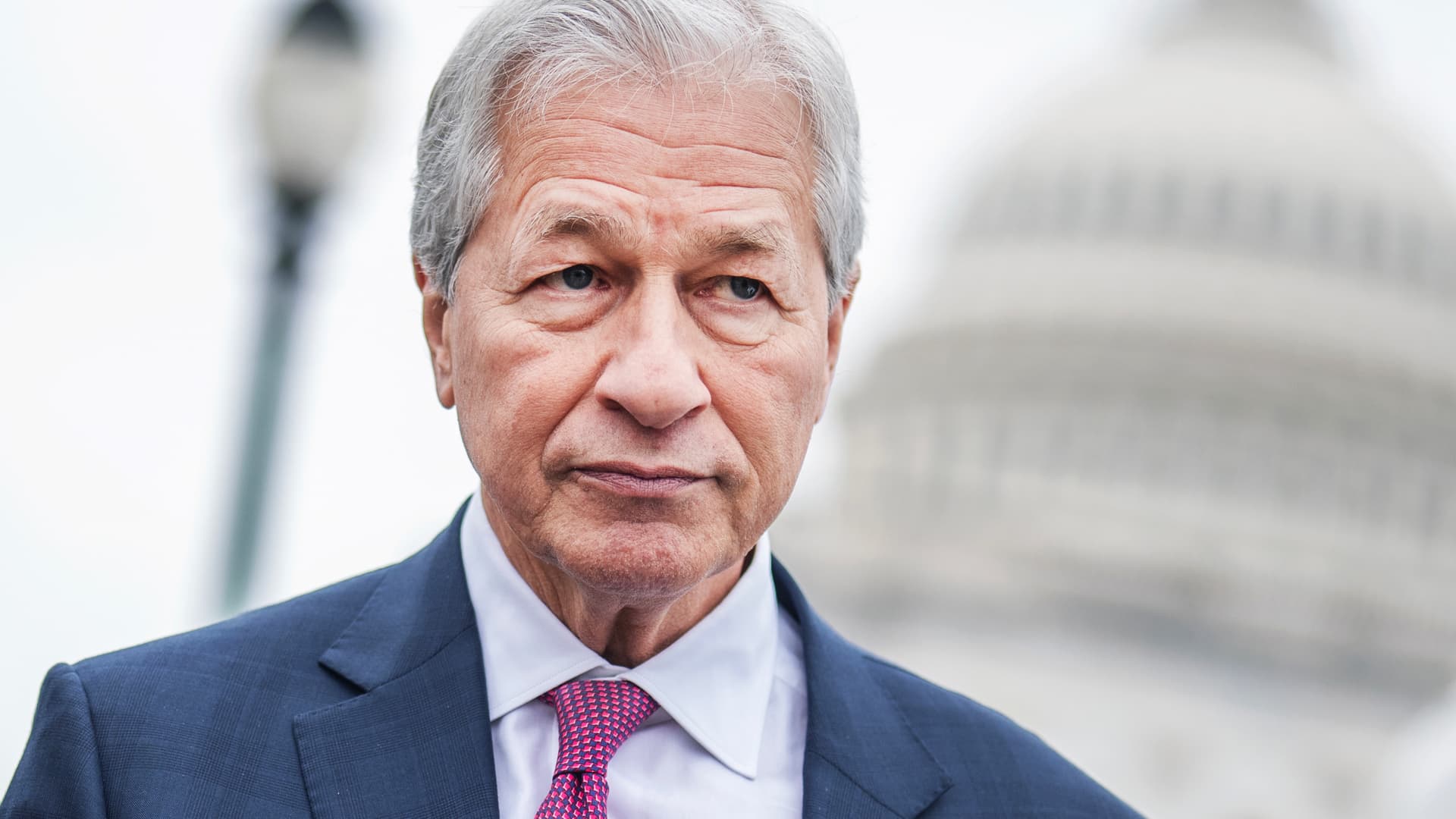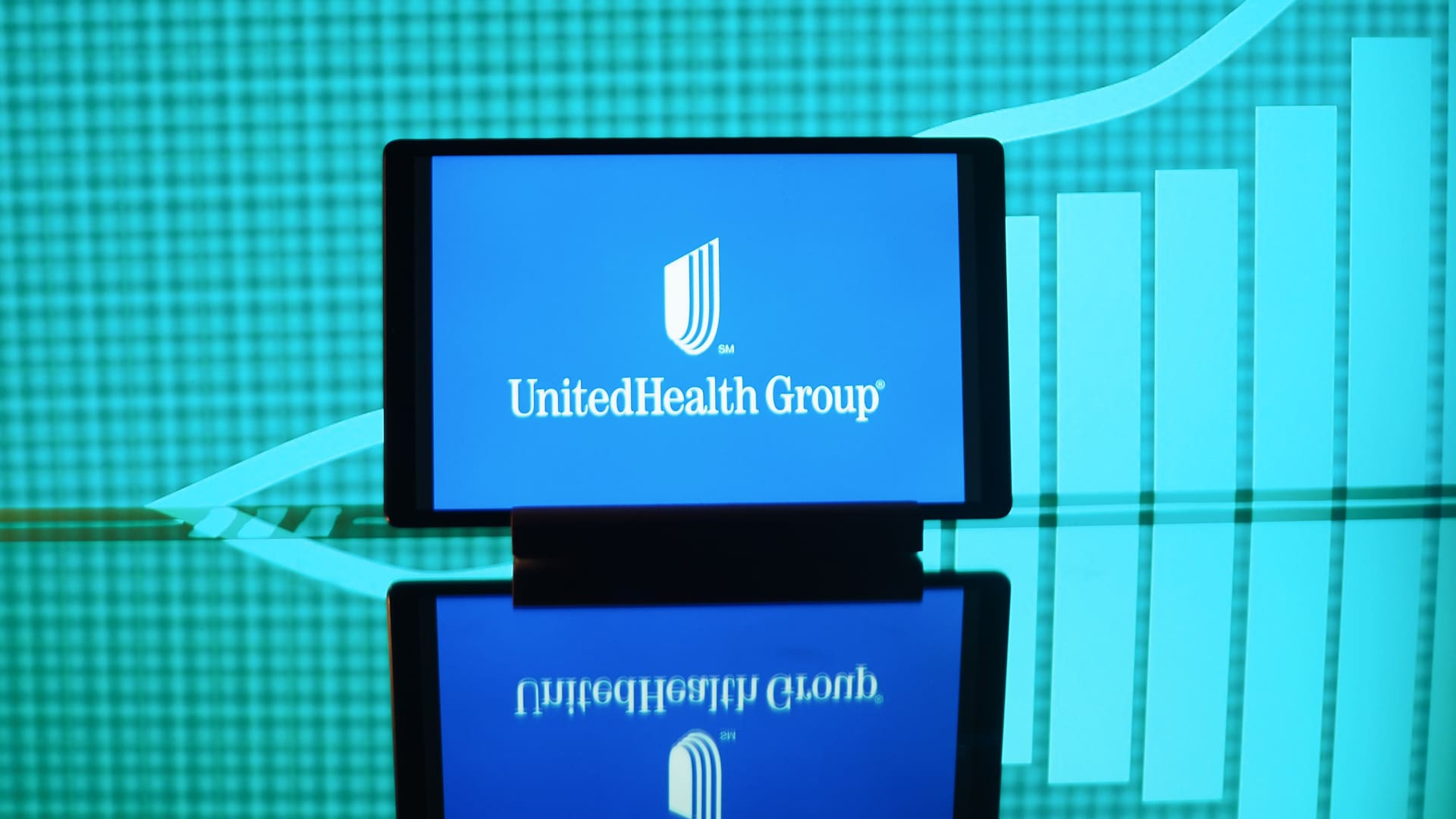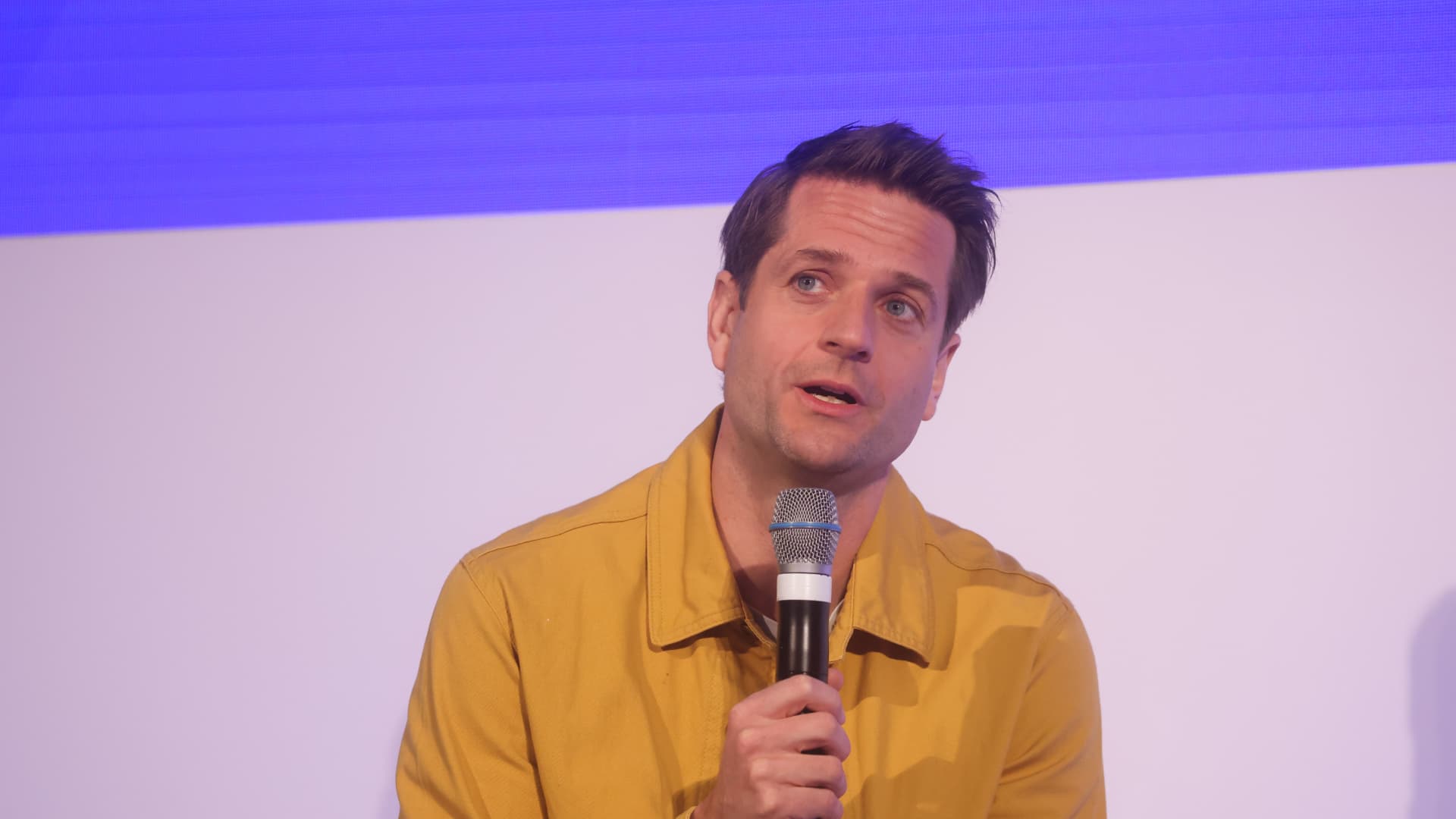Gen Z and millennials have bigger retirement goals, according to a recent Northwestern Mutual survey. (iStock)
The amount Americans believe they will need to retire comfortably has increased faster than inflation, but what they are saving has dropped, a recent survey said.
U.S. adults believe they will need at least $1.46 million to retire in style, according to a Northwestern Mutual survey. This figure is up 15% from the $1.27 million Americans said they needed last year. In 2020, survey respondents thought having $951,000 stashed away would provide a good enough cushion.
At the same time, the average amount Americans have saved for retirement dropped to $88,400 from $89,300 in 2023, and is more than $10,000 off its five-year peak of $98,800 in 2021.
“People’s ‘magic number’ to retire comfortably has exploded to an all-time high, and the gap between their goals and progress has never been wider,” says Aditi Javeri Gokhale, chief strategy officer, head of institutional investments and president of retail investments at Northwestern Mutual. “Inflation is expanding our expectations for retirement savings, and putting the pressure on to plan and stay disciplined.”
If you’re struggling to save for retirement in the current economy, you could consider paying down high-interest debt with a personal loan at a lower interest rate, which can help you lower your monthly payments. Visit Credible to compare options from multiple lenders at once and choose the one that’s the best for you.
GAS, HOUSING AND CAR INSURANCE COSTS SOAR, FUELING INFLATION IN MARCH
Young Americans start saving sooner
Gen Zers have bigger retirement goals and will need $1.6 million to retire comfortably, the survey said. Despite the bigger goal, this generation of U.S. adults plan to retire by age 60 because they started saving for retirement earlier.
While the average American started saving at age 31, Gen Zers began building their retirement nest at age 22—nearly a decade earlier. By comparison, Baby Boomers started building retirement savings a full 15 years after this age and said they expect to work until the age of 72. Millennials and Gen X’ers, who began their savings at ages 27 and 31, respectively, expect to work until 64 and 67.
“These numbers tell a fascinating story about the profound shift in financial planning that has taken shape in America,” Javeri Gokhale said in a statement. “Young people today recognize the value of retirement planning and building wealth early on in life and are getting a significant head start over their parents and grandparents.”
“At the same time, Gen Z is redefining retirement and signaling that they plan to have long and fulfilling post-career lives,” Javeri Gokhale continued. “The good news is that they are investing earlier so they can save the money they need to enjoy it.”
If high-interest debt is preventing you from saving more for retirement, you could consider paying it off with a personal loan at a lower interest rate. Visit Credible to find your personalized rate in minutes without affecting your credit score.
AMERICANS TAP INTO SAVINGS AS THEY STRUGGLE WITH INFLATION: SURVEY
Only half of Boomers believe they are ready to retire
More than 4 million U.S. adults will turn 65 this year. Still, among the generations closest to retirement, only half of Boomers (49%) and Gen Xers (48%) believe they will be financially prepared to retire comfortably, with many expecting that they will likely outlive their savings.
Even more problematic is that while many older Americans across both generations anticipate a retirement shortfall, more than a third (37% and 38%, respectively) have not addressed it. One way older adults can prepare is by minimizing the taxes they pay on their retirement savings, yet only 37% have a plan in place.
“Putting money into a 401K may not be enough to retire comfortably if the financial plan doesn’t address the impact of taxes on retirement income,” Javeri Gokhale said. “Most people don’t realize that their retirement income may be taxed about 20% or 30% when they withdraw and spend it. When they recognize the impact, it’s often too late for them to adjust.”
If you are retired or are preparing to retire, paying down debt with a personal loan can help you reduce your interest rate and your monthly expenses. You can visit Credible to compare multiple personal loan lenders at once and choose the one with the best interest rate for you.
REPUBLICAN STATES FILE SUIT TO STOP BIDEN’S SAVE STUDENT LOAN REPAYMENT PLAN
Have a finance-related question, but don’t know who to ask? Email The Credible Money Expert at [email protected] and your question might be answered by Credible in our Money Expert column.

 Accounting1 week ago
Accounting1 week ago
 Finance1 week ago
Finance1 week ago
 Economics6 days ago
Economics6 days ago
 Finance1 week ago
Finance1 week ago
 Economics1 week ago
Economics1 week ago
 Economics1 week ago
Economics1 week ago
 Personal Finance5 days ago
Personal Finance5 days ago
 Economics4 days ago
Economics4 days ago











